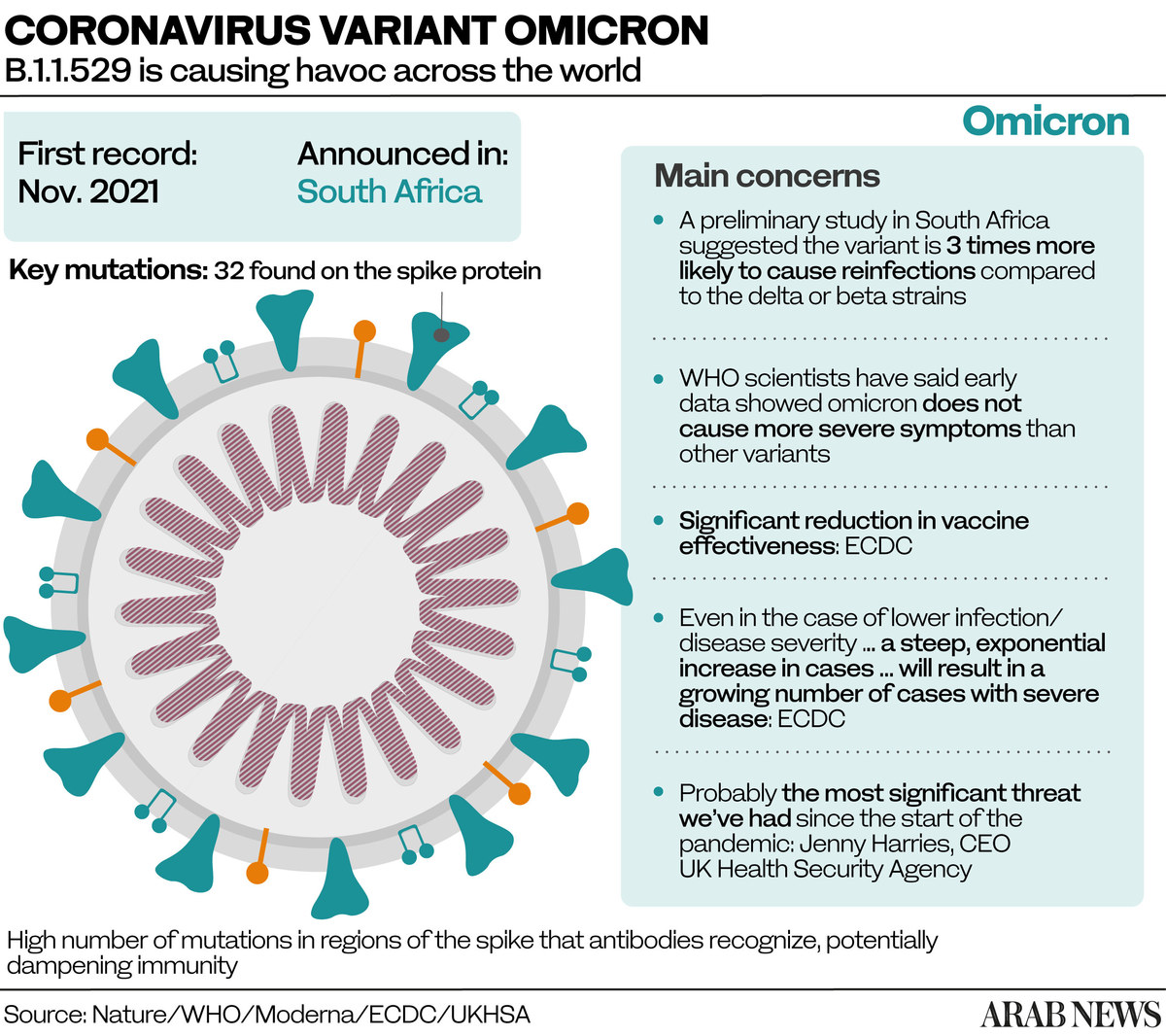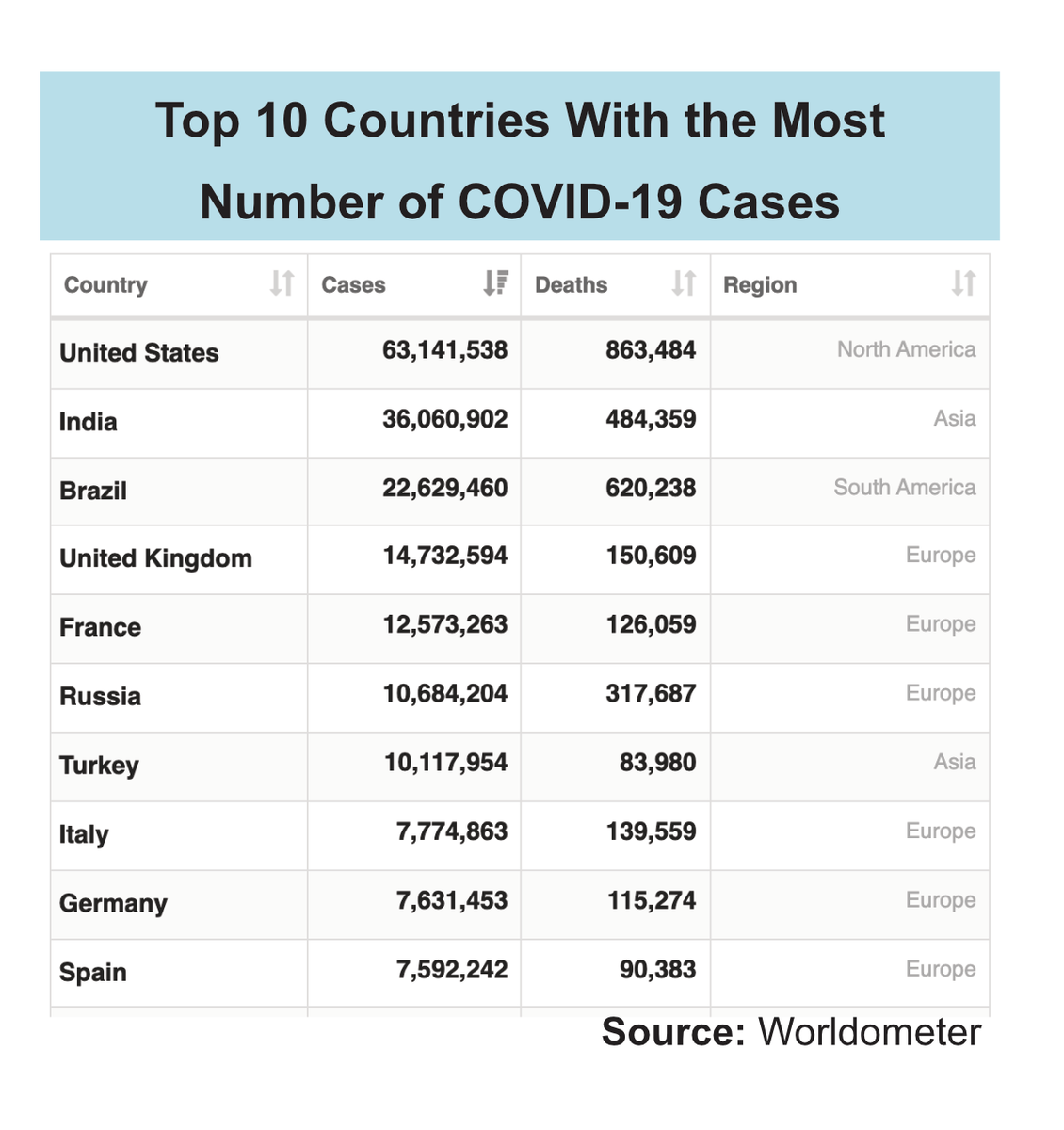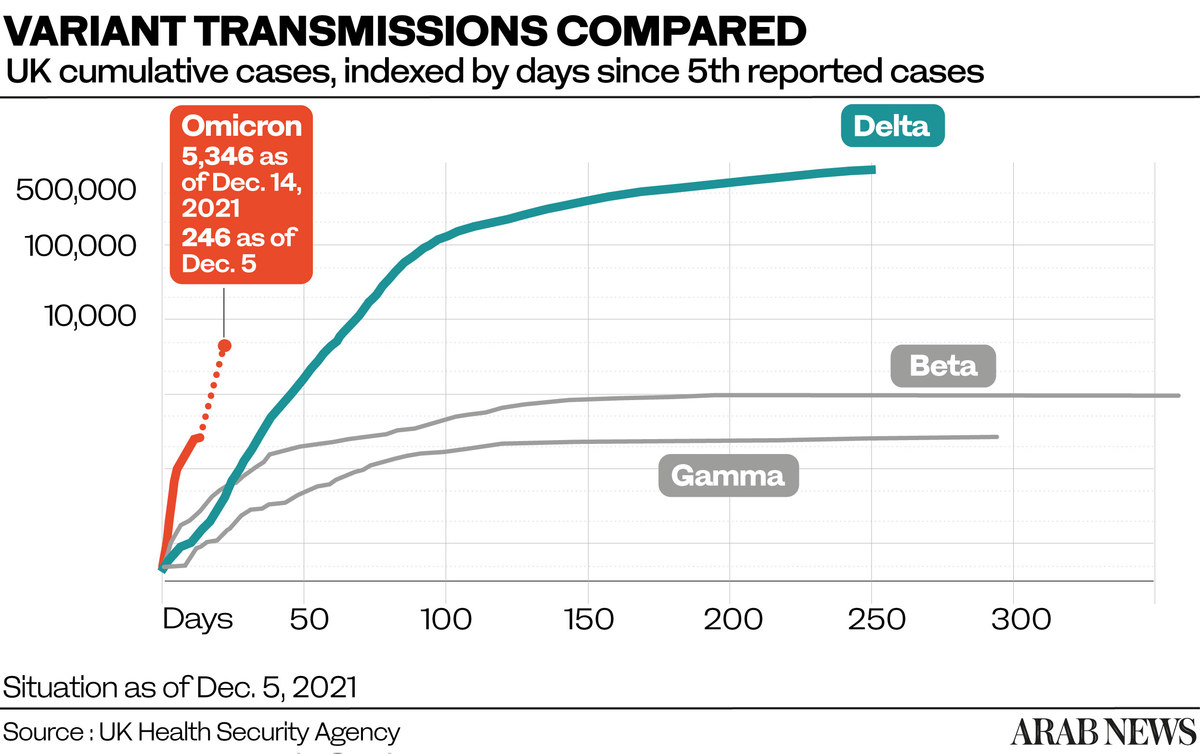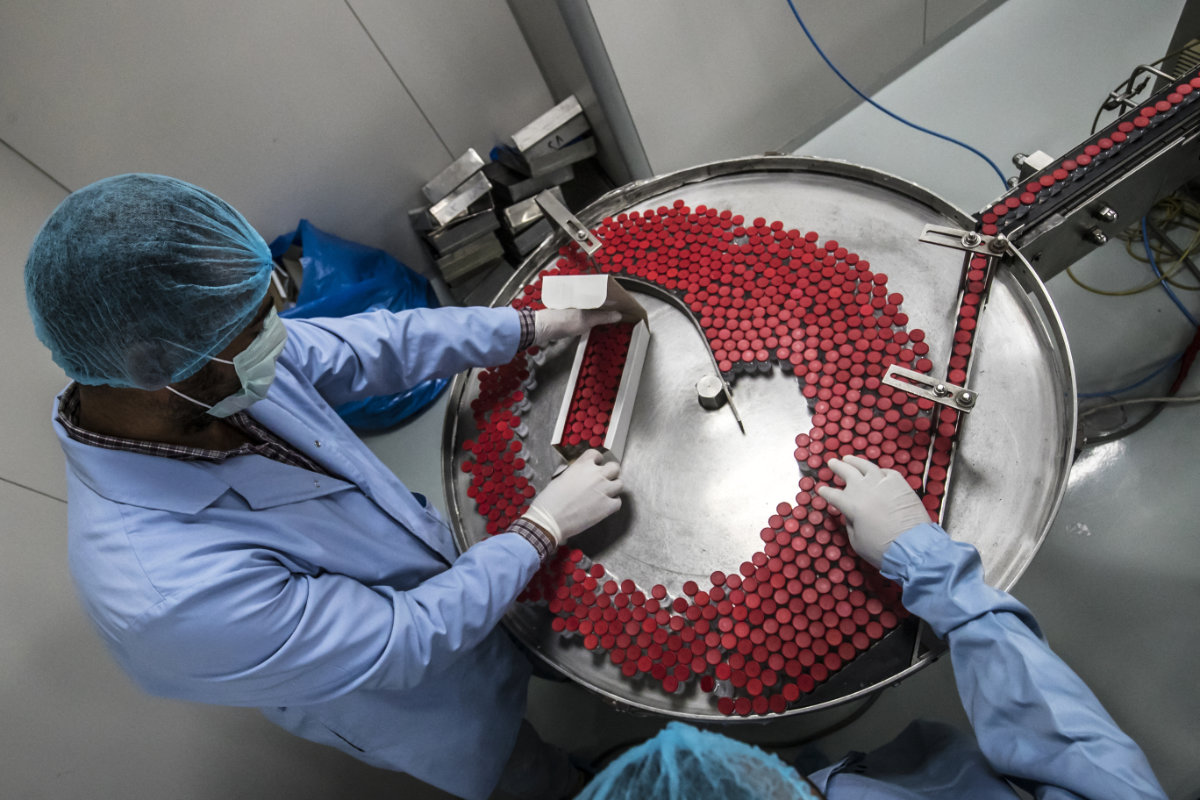Iranian weapons shipments prolonging the war in Yemen, US envoy says
NEW YORK: The Houthi offensive in Marib is fueled by “the illegal flow of weapons” to the group from Iran, Linda Thomas-Greenfield, the US ambassador to the UN, said on Wednesday.
She told fellow members of the Security Council that “while we encourage peace, we must not be afraid to call out actions that obstruct it,” and that the escalation of violence by the Houthis “undermines the cause of peace.”
She added: “Just last month, the US Navy seized upwards of 1,400 assault rifles (and) 226,000 rounds of ammunition from a vessel originating from Iran.
“This ship was on a route historically used to illegally smuggle weapons to the Houthis. The smuggling of arms from Iran to the Houthis represents a flagrant violation of the UN’s targeted arms embargo and is yet another example of how Iran’s destabilizing activity is prolonging the war in Yemen.”
Her comments came as council members condemned the continued Houthi aggression, the resultant deaths and displacements, the militia’s attacks on targets in Saudi Arabia, and its ongoing “acts of piracy” that endanger maritime security.
In his briefing to the council on the latest developments in the conflict Hans Grundberg, the UN’s special envoy for Yemen, reiterated that no long-term solution is “to be found on the battlefield,” and that the “warring parties can, should and, indeed, must talk even if they are not ready to put down their arms.”
He described the recent military escalations as being “among the worst we have seen in Yemen for years, and which are taking an increasing toll on civilian lives.”
He said the Houthis remain determined to continue their assault on Marib and that attacks on Saudi Arabia have also increased. He called on all parties involved in the conflict to “respect and uphold their obligations under international humanitarian law, which include protecting civilians and preserving the civilian character of public infrastructure.”
As he lamented what appears to be a new cycle of escalation of violence, “with predictable, devastating implications for civilians and for the immediate prospects of peace,” Grundberg also expressed concern “that battles could intensify along other fronts.”
In particular he highlighted the recent seizure by the Houthis of a UAE-registered cargo ship, and the continued detention of UN staff members in Sanaa and Marib, and called on the Houthis to grant the UN immediate access to its detained staff.
The increase in the tempo of the war has also tightened already severe restrictions on the movement of people and goods within the country, Grundberg said. The use of Hodeidah port for military purposes is “worrying,” he added, given that it is a lifeline for many Yemenis.
Despite these challenging developments on the ground, the envoy said that peace efforts continue and spoke of plans to enhance his consultations with all parties.
“Yemen’s war, like many, is littered with missed opportunities driven in part by combatants oscillating between feeling too weak to accept or too strong to settle for compromise.
“Genuine political will, responsible leadership and adherence to the interests of the entire population is needed to sustainably put Yemen on a different trajectory.”
Ramesh Rajasingham, the UN’s deputy emergency relief coordinator, told the Security Council that 15,000 people were displaced in the past month during fierce clashes in Al-Jawf, Marib and Shabwah. He said that 358 civilians were killed or injured, “a figure that is tied for the highest in three years.”
He reiterated the importance of “safe, predictable passage into and out of Yemen,” and pointed to the suspension by the Houthis in December of humanitarian flights through Sanaa airport as the kind of disruption that “risks undermining the aid operation and staff safety.” He called on the Houthis to avoid unilateral flight cancellations.
Lana Nusseibeh, the permanent representative of the UAE to the UN, said progress in Yemen will not be possible until the Houthis cease hostilities and end their repeated violations carried out against the Yemeni people.
“The Houthis must understand that the only solution is a political (one), free of any hegemonic aspirations,” she said as she condemned the group’s drone and ballistic missile attacks against targets in Saudi Arabia as a “flagrant violation of international law.”
In addition to condemning Iran for supplying weapons to the Houthis, Thomas-Greenfield, the US ambassador, told her fellow council members: “The Houthis’ pattern is punctuated by their continued engagement in violence, rape and other forms of sexual violence, arbitrary detentions (and) targeted killings, including female politicians and professionals. This is unconscionable.
“We unequivocally condemn all human rights abuses and violations, by all parties. We remain strongly committed to promoting accountability for human rights violations and abuses in Yemen.”
She added that despite repeated condemnation by the Security Council the Houthis continue to occupy the shuttered US embassy compound, and to detain and harass the Yemeni staff who work there.
“The Houthis must immediately release, unharmed, all of our Yemeni employees, vacate the former US embassy compound, return seized US property and cease their threats against our employees and their families,” Thomas-Greenfield said.
She also condemned the seizure by the Houthis of the civilian Emirati ship Rwabee and called for the immediate release of the ship and its crew.

UN envoy to Yemen: Militarization of Hodeidah ports worrying KSrelief chief: Saudi Arabia ranks third globally in providing humanitarian assistance around the world










